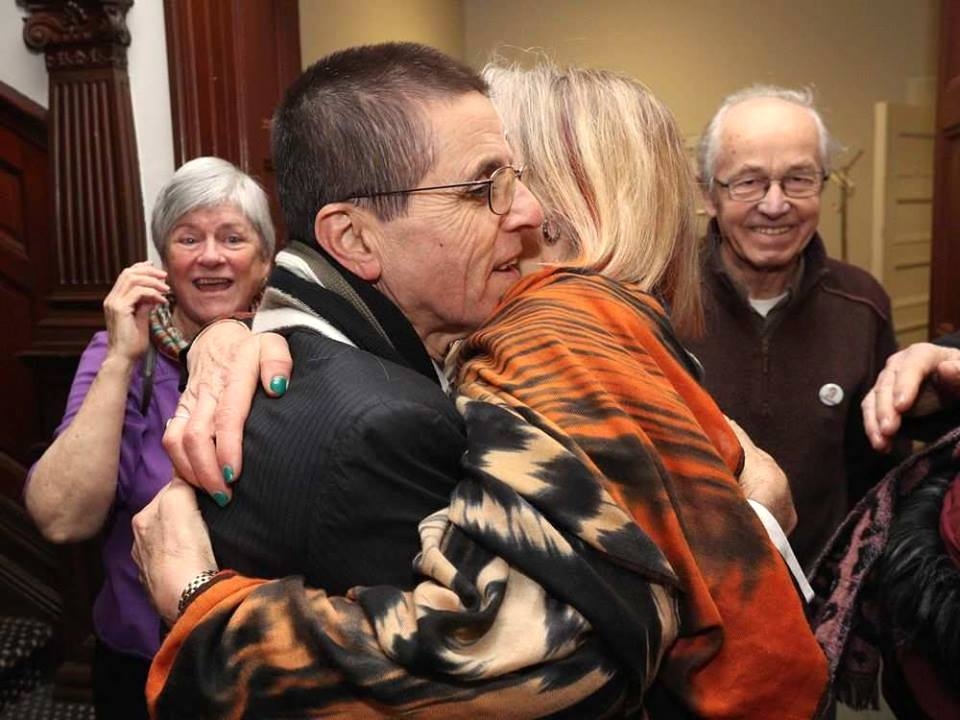
Standard of Evidence in Question as Diab’s appeal is postponed for a new handwriting analysis
Photo via JusticeForHassanDiab.org
As if Hassan Diab’s 10-year battle against allegations of terrorism hasn’t been enough, Judges of France have delayed the Professor’s appeal for a new handwriting analysis.
Hassan Diab, a father of two, specializes in Sociology and lectured at both Carleton University and University of Ottawa until he was suspected of playing a key role in the 1980 Copernic Street Bombing in France.
The bombing left four people dead and dozens injured. The investigation revealed that the bomb carrier was an activist of the Popular Front for the Liberation of Palestine Diab claims to be innocent as he was not even in France during the bombing.
However, the authorities are linking the attack to Diab based on an expert hand-writers analysis.
Thirty-four years following the attack, Diab was extradited and incarcerated in the fall of 2014.
Today the French Court of Appeal was initially supposed to release the result of Diab’s appeal, however, no hearing occurred.
Instead, a new investigating judge was assigned to the case. Further review is needed in regard to the handwriting analysis, which is the strongest piece of evidence against Diab.
Initially, the charges against him were based on a handwriting analysis consisting of five words from a hotel register in Paris. However, five different handwriting experts have testified that the original analysis was flawed.
In other words, the French authorities are solely basing their evidence off of five words written by a suspect. Is the standard of evidence that low that an academic figure who dedicates his life to educating students could be thrown away over something so subjective?
A website has been made in his name in order to preserve the rights of Canadians under Extradition Law.
Another red flag to this entire case is the fact that Diab was never formally charged. He was arrested by Canadian RCMP in November of 2008 before being extradited to France. He was released on the basis that the evidence against him was not strong enough to take to trial.
If France wins its appeal, it could extradite Diab for a second time.
As the Paris public prosecutor’s office appealed the dismissal order, they will be disappointed to hear that it has been put off until next February.
Diab’s French lawyers claim that this case is more so about internal politics and less about the law.
In the meantime, all that Diab and his friends and family can do is hope that the truth will prevail, and put trust in the justice system.








